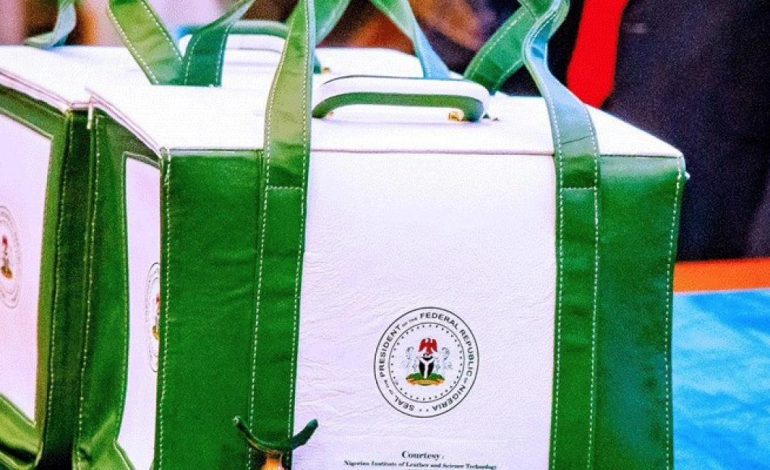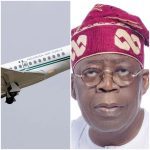How Osun 29 Other States Spent N986bn on Refreshments, Travelling, Others In Three Months – Report

Governor Ademola Adeleke of Osun State and 29 other governors have spent N986.64bn on recurrent expenditures, including refreshments, sitting allowances, travelling, utilities, etc., in the first three months of 2024 in their respective states.
This is according to an analysis of the budget implementation reports of states, sourced from Open Nigerian States, a platform facilitated by BudgIT, serving as a hub for public budget data.
In the review of the first three quarters of the year conducted by The PUNCH, data from thirty states were examined, with six states lacking available data.
Benue, Imo, Niger, Rivers, Sokoto, and Yobe States were the ones without Q 1, 2024 data.
READ: Jitters In Osun APC Over Omoluabi Caucus’ Membership Registration
The breakdown revealed that among the 30 states, expenditures totaled N50.02bn in the initial three months of 2024. Notably, N5.1bn was allocated for guest refreshments, N4.67bn for government officials’ sitting allowances, N34.63bn for local and foreign travel expenses, and N5.64bn for utility bills.
These utility costs encompassed electricity, internet, telephone charges, water rates, sewerage charges, and similar expenses.
Additionally, sub-national entities disbursed N405.77bn for employee salaries during this period.
The report further detailed various recurrent spending items, encompassing foreign and domestic travel, Internet access fees, entertainment, foodstuff, honorarium/sitting allowance, wardrobe allowances, telephone bills, electricity charges, stationery, anniversaries/special days, welfare, aircraft maintenance, and more.
In the first three months of 2024, Abia State spent N10.92bn on its recurrent expenditures, including N165.38m on refreshments and feeding, N39.26m on utilities, N214.57m on sitting allowances, N127.1m on local and foreign travels, among miscellaneous expenses.
During the period under review , Adamawa State recurrent expenditure gulped N23.7bn.
This is further broken into N287.61m spent on refreshments and feeding, N109.62m on utilities, N79.57m on sitting allowances, N768.77m on local and foreign travels.
For Akwa Ibom State, recurrent expenditure gulped N46.85bn, which included N4.46m on refreshments and feeding, N223.32m on utilities, N6m on sitting allowances, N214.61m on local and foreign travel.
Anambra State disbursed N9.91bn for recurring expenses with N78.18m on refreshments and feeding, N32.52m on utilities, N42.09m on sitting allowances, N188.39m on local and foreign travel.
Also, recurrent expenditures cost Bauchi State Government N35.75bn with N397.58m going to utilities, N50.8m on refreshments, N287.11m on allowances, and N413.56m on trips.
For Bayelsa State, the cost of recurrent expenditure stood at N35.1bn , comprising N28.4m on utilities, N156.14m on refreshments and N279.99m on trips.
Similarly, Lagos State disbursed N189.62bn for recurrent expenditures, including N1.21m for refreshments, N383.12m for utilities, sitting allowances costing N52.79m and N633.37m on travels.
Borno spent N18.79bn, Cross Rivers (N17.44bn), Delta (N68.68bn), Ebonyi (N14.95bn), Edo (N32.32bn), Ekiti (N32.8bn), Enugu (N7.51bn) and Gombe with N20.89bn.
Within the same period, Jigawa State spent N15.52bn on the recurrent expenditures, Kaduna expended N34.69bn, Kano (N34.41bn), Katsina (N21.87bn), Kebbi (N11.67bn), Kogi (N37.4bn), Kwara (N24.34bn), Nasarawa (N18.61bn), Ogun (N47.12bn), Ondo (N31.12bn), Osun (N24.39bn), Oyo (N40.12bn), Plateau (N24.70bn), Zamfara (N13.46bn), and Taraba (N20.93bn).
Government spending has come under increased scrutiny in recent times, particularly in light of the country’s worsening economic challenges.
Nigerians have been battling severe economic hardship in recent times as prices of commodities continue to increase. The country’s unemployment rate surged to 5.0 per cent in the third quarter of 2023 from 4.2 per cent in the previous quarter, according to data released by the National Bureau of Statistics.

Hafsoh Isiaq is a graduate of Linguistics. An avid writer committed to creative, high-quality research and news reportage. She has considerable experience in writing and reporting across a variety of platforms including print and online.









